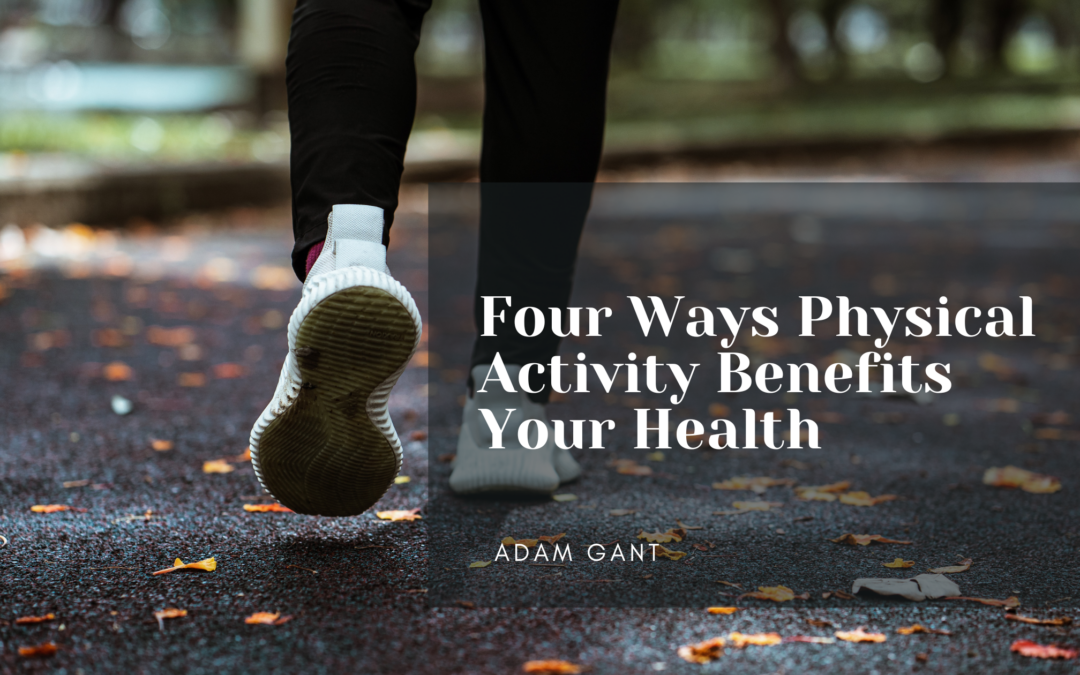Physical activity is essential for maintaining good health and well-being. Regular exercise has numerous benefits for the body and mind, including reducing the risk of chronic diseases and improving mental health. In this blog post, we will explore four ways physical activity benefits your health.
Reduces the risk of chronic diseases
According to Healthline, physical activity can reduce the risk of chronic diseases such as heart disease, stroke, and diabetes. Engaging in regular exercise helps to lower blood pressure, improve blood sugar control, and increase insulin sensitivity. Physical activity also helps to lower cholesterol levels and reduce inflammation in the body, which are both risk factors for chronic diseases. Harvard Health Publishing reports that regular exercise can also reduce the risk of some types of cancer, such as breast and colon cancer.
Helps with weight management
Physical activity is an essential factor in maintaining a healthy weight. According to Everyday Health, exercise helps to burn calories, increase muscle mass, and improve metabolism. Regular exercise also helps to reduce body fat, particularly around the waist. Harvard Health Publishing notes that engaging in physical activity can help prevent weight gain in the first place, as well as maintain weight loss over time.
Improves mental health
Physical activity has numerous benefits for mental health. Healthline notes that exercise can reduce symptoms of depression and anxiety, improve mood, and increase self-esteem. Harvard Health Publishing reports that regular exercise can also help to improve cognitive function, including memory and concentration. Exercise can also reduce stress levels and enhance sleep quality, which is vital for mental health.
Strengthens bones and muscles
Regular physical activity is essential for maintaining strong bones and muscles. Everyday Health notes that exercise helps to increase bone density, which is important for preventing osteoporosis. Exercise also helps to increase muscle mass and strength, which can improve balance and reduce the risk of falls. Harvard Health Publishing reports that physical activity can also improve flexibility and mobility, particularly in older adults.
In conclusion, physical activity is essential for maintaining good health and well-being. Engaging in regular exercise can help reduce the risk of chronic diseases, manage weight, improve mental health, and strengthen bones and muscles. It is crucial to find an exercise routine that is enjoyable and sustainable to reap these benefits over the long term.

